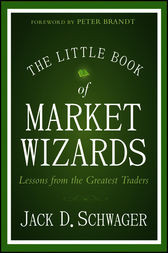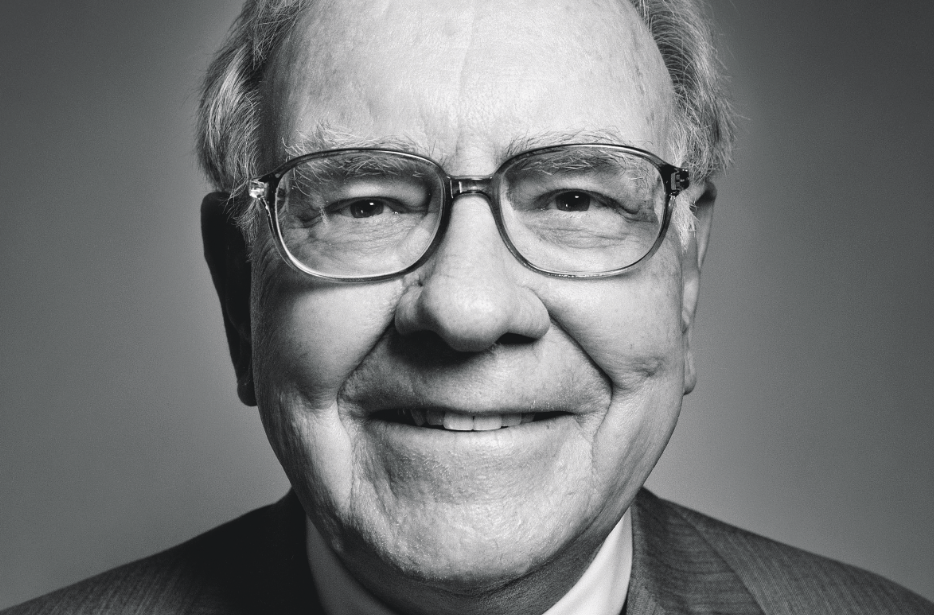
Algo traders be like..


1. A good trade is taken with complete confidence, and follows your trading method. A bad trade is taken on an opinion.
2. A good trade is taken with a disciplined entry and position size. A bad trade is taken to win back losses the market owes you.
3. A good trade is taken when your entry parameters line up. A bad trade is taken out of fear of missing a move.
4. A good trade is taken to be profitable in the context of your trading plan. A bad trade is taken out of greed.
5. A good trade is taken according to your trading plan. A bad trade is taken to inflate the ego.
6. A good trade is taken without regret or internal conflict. A bad trade is taken when a trader is double-minded.



 They focus on what really matters in trading success.
They focus on what really matters in trading success.
They have developed a trading method that fits their own personality.
They trade with an edge.
The harder they work at trading the luckier they get.
They do the homework to develop a methodology through researching ideas.
The principles they use in their trading models are simple.
They have mental and emotional control is key while winning or losing.
They manage the risk to avoid failure and pain.
They have the discipline to follow their trading plan.
Market wizards have confidence and independence in themselves as traders
They are good losers. (Cutting losses when proven wrong and even reversing the direction of their trades when the price action dictates it).
They are patient with winning trades and impatient with losing trades.
The fully understand the right way to position size for their goals of returns and draw downs based on their risk/reward and winning percentage.
Market wizards understand comfortable trades are usually losing trades while the more uncomfortable trades are usually the winners.
Emotions are dangerous masters to the trader, they know how to manage their own emotions.
Market wizards evolve as a trader to avoid eventually failing in a method that has lost its edge over time.
It is not the news but how the market reacts to that news is what they watch for.
The best trader are always learning through their own mistakes.
Passion for trading was the fuel for their eventual success.

“I think that if I was working with $1m or if Charlie [Munger, Berkshire’s vice-chair] was working with $1m, we would have no trouble earning 50 per cent a year,” he says.
“People get smarter but they don’t get wiser. They don’t get more emotionally stable. All the conditions for extreme overvaluation or undervaluation absolutely exist, the way they did 50 years ago. You can teach all you want to the people, you can tell them to read [Buffett mentor] Ben Graham’s book, you can send them to graduate school, but when they’re scared, they’re scared,” he said.


